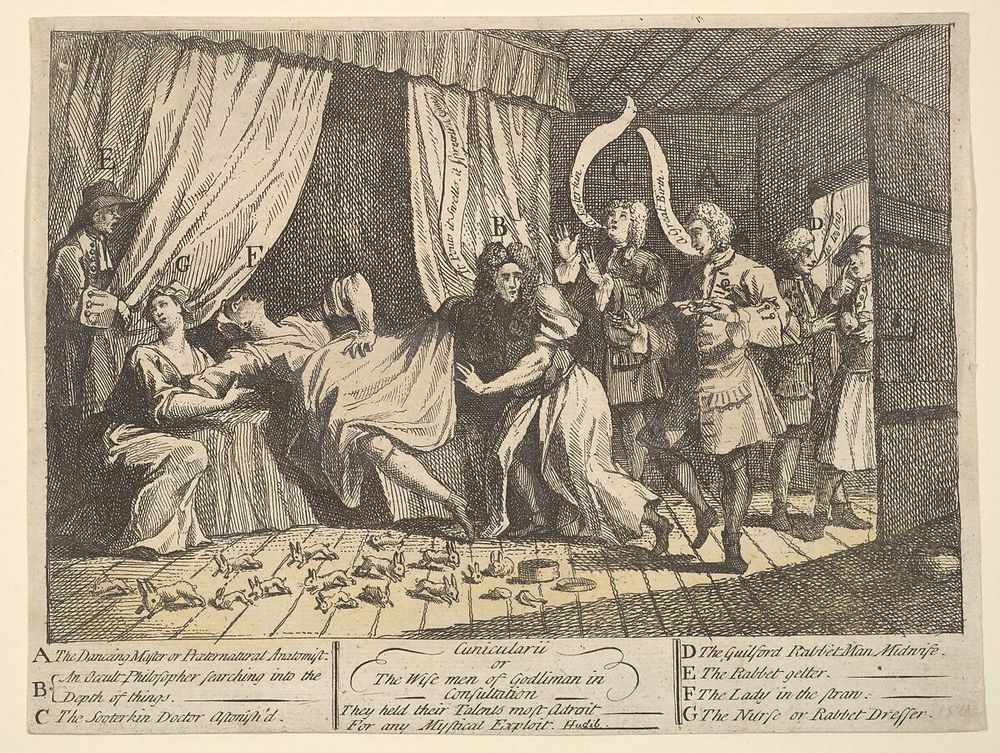
buymeacoffee.com/JoeBath
I introduce a third language experiment, that was supposedly carried out by James IV of Scotland, on an uninhabited island in the Firth of Forth, with a surprising and frankly preposterous result.
Listen at:
historyofscience.podbean.com/e/10-the-for...

I introduce a third language experiment, that was supposedly carried out by James IV of Scotland, on an uninhabited island in the Firth of Forth, with a surprising and frankly preposterous result.
Listen at:
historyofscience.podbean.com/e/10-the-for...



Image largely unrelated

Image largely unrelated
This episode continues from the last episode's look at an allegation that the Pharaoh Psamtik I had two children raised without exposure to language to find out what language they would speak, looking at another, similar rumour from centuries later.

This episode continues from the last episode's look at an allegation that the Pharaoh Psamtik I had two children raised without exposure to language to find out what language they would speak, looking at another, similar rumour from centuries later.


The first episode is available at historyofscience.podbean.com/e/8-the-forb...

The first episode is available at historyofscience.podbean.com/e/8-the-forb...
(From "The Invention of Science" by David Wootton)

(From "The Invention of Science" by David Wootton)

Several interesting points about this:
(Continued...)
![From William Ellery Leonard's 1908 verse translation "The Fragments of Empedocles" (100: The Rushing Blood and the Clepsydra). PDF from the Internet Archive at https://ia601301.us.archive.org
And when from here the thin blood backward streams
The air comes rushing in with roaring swell
But when again it forward leaps, the air
In turn breathes out; as when a little girl
Plays with a water-clock [mistranslation] of gleaming bronze:
As long as ever the opening of the pipe
Is by her pretty fingers stopped and closed,
And thuswise plunged within the yielding mass
Of silvery water, can the Wet no more
Get in the vessel; but the air's own weight,
That falls inside against the countless holes,
Keeps it in check, until the child at last
Uncovers and sets free the thickened air,
When of a truth the water's destined bulk
Gets in, as air gives way. Even so it is,
When in the belly of the brazen clock [sic]
The water lies, and the girl's finger tip
Shuts pipe and tube: The air, that from without
Comes pressing inward, holds the water back
About the gateways of the gurgling neck,
As the child keeps possession of the top,
Until her hand will loosen, when again-
Pours out and under the water's destined bulk,
As air drops down and in. Even so it is
With the thin blood that through our members drives:](https://cdn.bsky.app/img/feed_thumbnail/plain/did:plc:kxni7mtywvmrv45d5yjka6jp/bafkreick3wuf4bdxil22xnhj6wt7bs5fuvnbprc4lh6yoqupuhqxkpsrqu@jpeg)
Several interesting points about this:
(Continued...)
In this episode we continue our look at the media coverage of Mary Toft, particularly looking at John Maubray, and his description of a "sooterkin".

In this episode we continue our look at the media coverage of Mary Toft, particularly looking at John Maubray, and his description of a "sooterkin".







Available at historyofscience.podbean.com/e/5-the-rabb...

Available at historyofscience.podbean.com/e/5-the-rabb...

The passage itself is interesting as an illustration of mid-19th-century attempts to reconcile Biblical literalism with the development of paleontology.
muse.jhu.edu/article/922346

The passage itself is interesting as an illustration of mid-19th-century attempts to reconcile Biblical literalism with the development of paleontology.
muse.jhu.edu/article/922346
On 1726, some of Britain's leading physicians travel to Surrey to investigate reports of a woman giving birth to unusual items.
Listen at historyofscience.podbean.com/e/4-the-rabb...

On 1726, some of Britain's leading physicians travel to Surrey to investigate reports of a woman giving birth to unusual items.
Listen at historyofscience.podbean.com/e/4-the-rabb...
Listen to the last miniseries at historyofscience.podbean.com


Listen to the last miniseries at historyofscience.podbean.com

